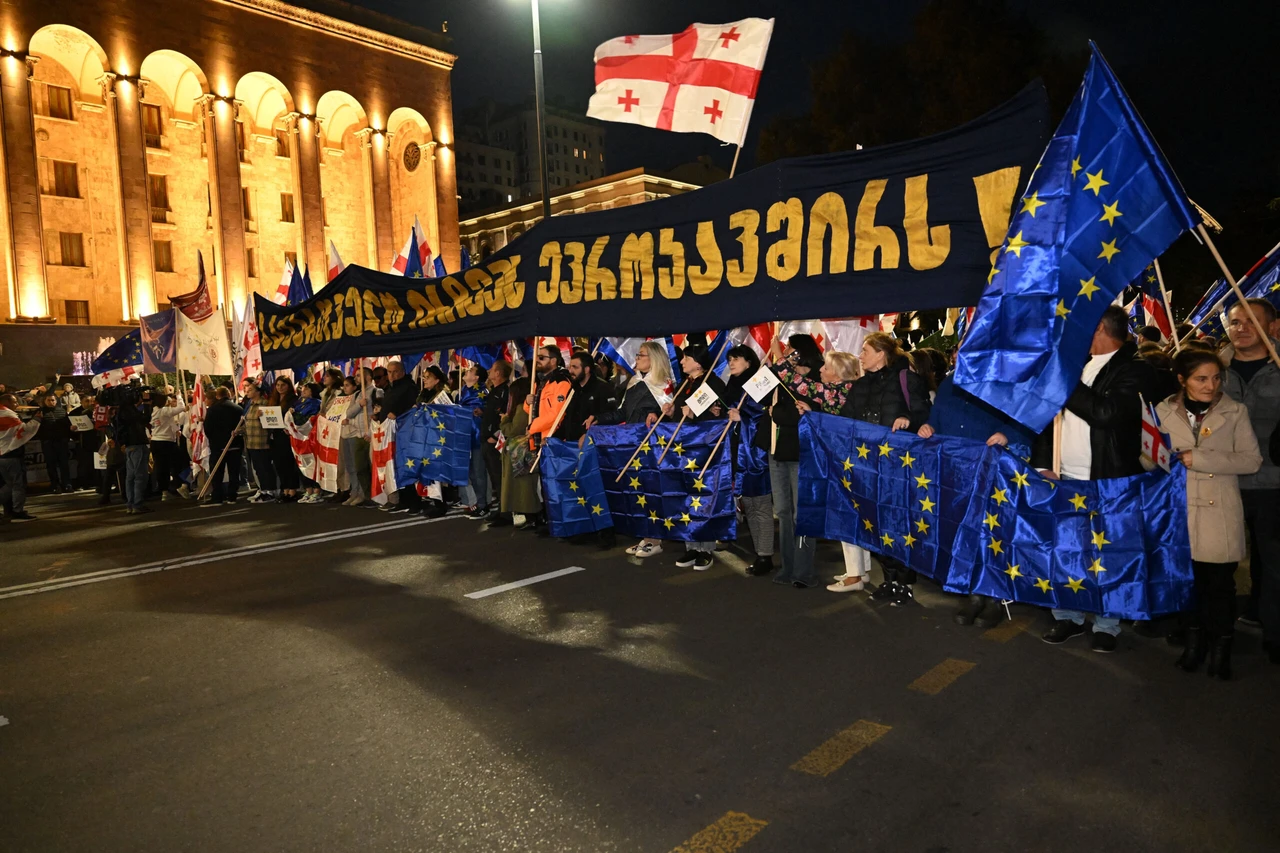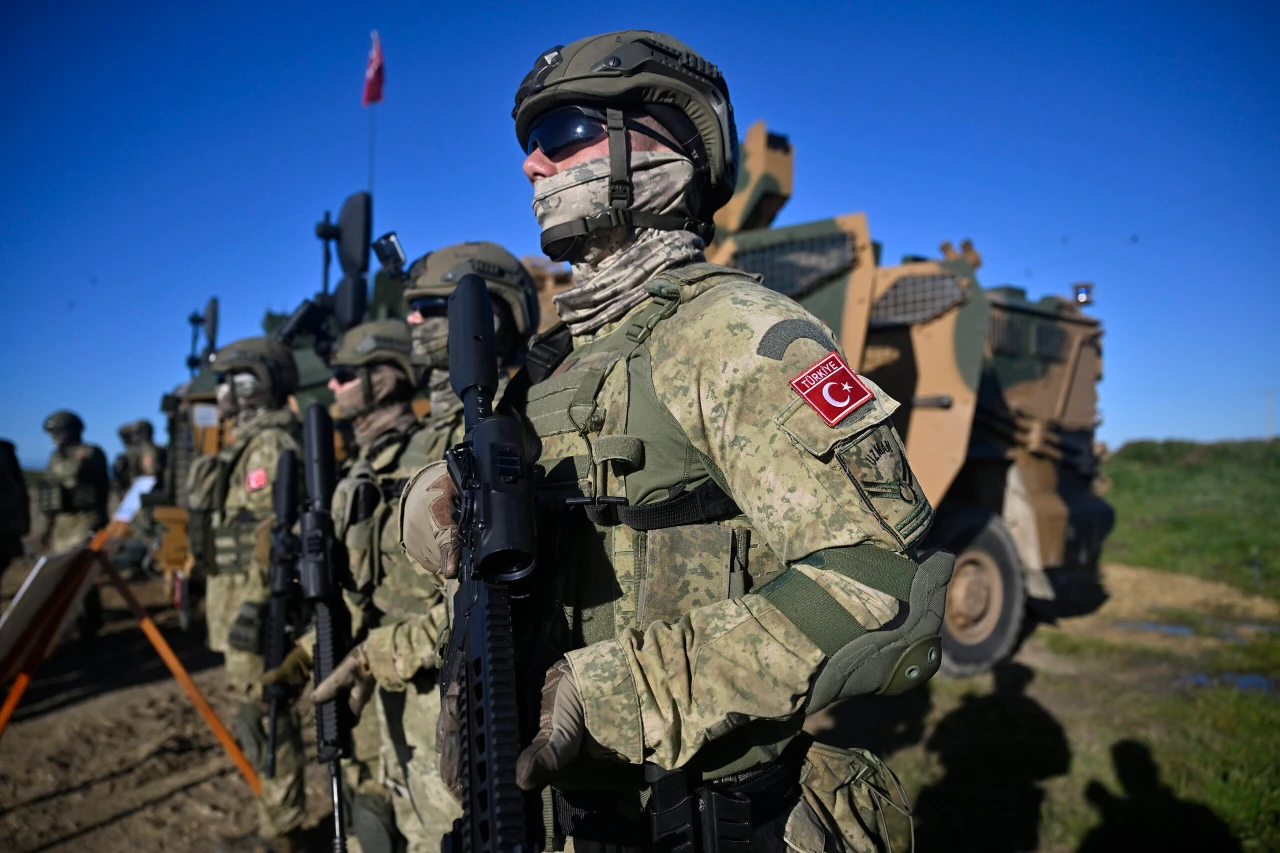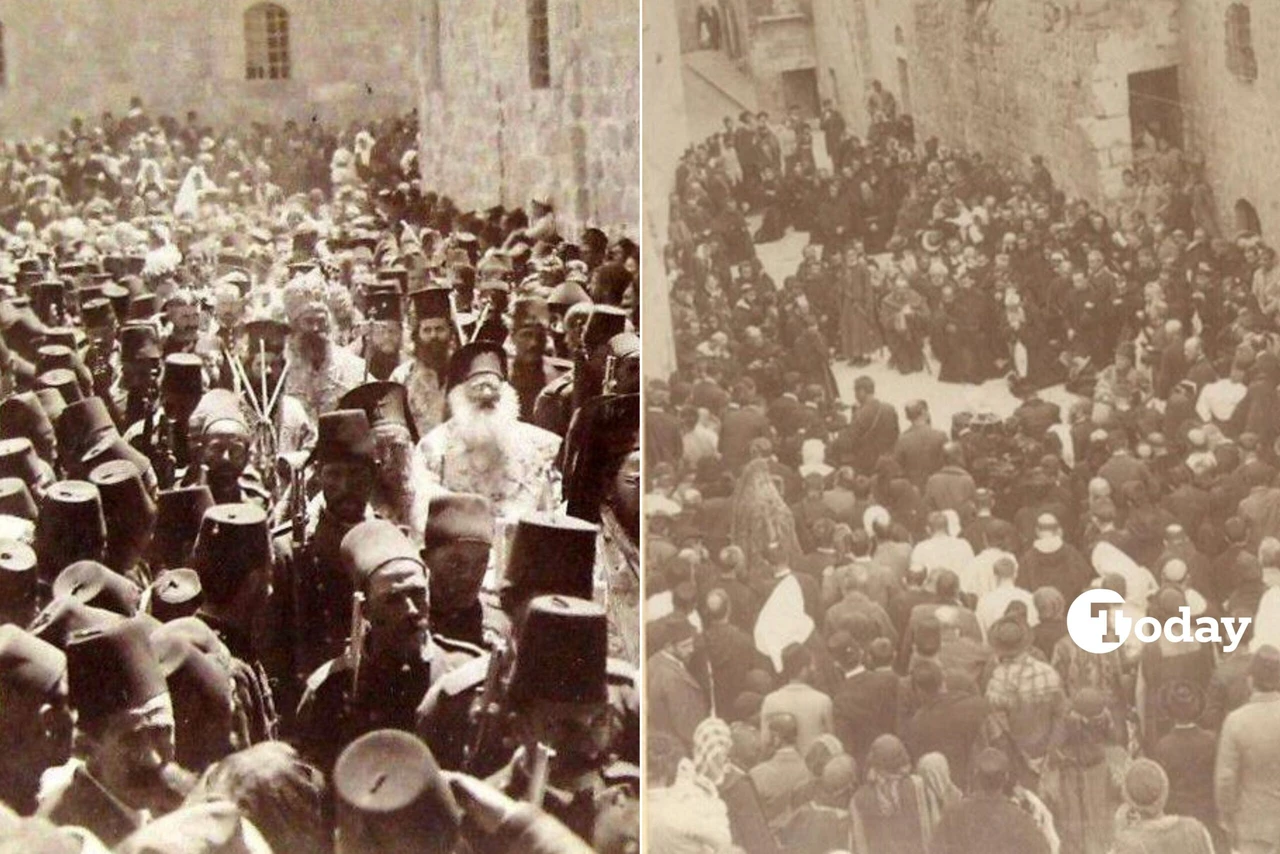Tens of thousands rally in Tbilisi ahead of crucial elections
 Protesters wave flags during a pro-Europe rally ahead of the parliamentary elections, which are seen as a crucial test for the country's democracy and its bid for EU membership, in Tbilisi on October 20, 2024. (AFP Photo)
Protesters wave flags during a pro-Europe rally ahead of the parliamentary elections, which are seen as a crucial test for the country's democracy and its bid for EU membership, in Tbilisi on October 20, 2024. (AFP Photo)
Tens of thousands of Georgians staged a pro-European rally on Sunday, just days before parliamentary elections that are critical for the country’s democracy and its aspirations for EU membership.
The vote, scheduled for Saturday, will see an unprecedented alliance of pro-Western opposition forces challenge the ruling Georgian Dream party, which has faced accusations from Brussels of veering toward authoritarianism and derailing Tbilisi’s European ambitions.
Demonstrators gathered at Tbilisi’s central Freedom Square after marching from five different locations, waving EU and Georgian flags and holding banners reading “Georgia chooses the European Union.” The crowd sang the national anthem and the Georgian lyrics to Europe’s “Ode to Joy.”
Pro-Western President Salome Zurabishvili, at odds with the government, joined the rally, declaring that it “shows that Georgia has already won and will reintegrate with Europe.” She also addressed Ukraine’s President Volodymyr Zelensky, stating, “You are fighting for Georgia as well. You will be victorious, and we will enter the European Union together.”
Voices of determination
Among the demonstrators, 20-year-old university student Kote Tsintsandze emphasized the stakes of the upcoming elections: “Georgia’s fate is hanging by a thread. These elections will decide if we can finally break free from Georgian Dream’s dictatorship. You can see here that the people are united in their determination to be where we belong—Europe.”
Nurse Lia Nemsadze, 49, echoed this sentiment: “This huge rally shows that people are rejecting Georgian Dream’s pro-Russian government and choosing Europe. Look at this sea of EU flags. Where else in Europe are these flags held with such hope?”
‘Path to EU membership’
Several Georgian NGOs, including Georgia’s European Orbit and the “My Voice to the EU” coalition, called for the mass rally, urging citizens to show their resolve in pursuing the path of EU membership.
Brussels had frozen Georgia’s EU accession process earlier this year after the ruling party passed a controversial “foreign influence law” targeting civil society. The adoption of this measure, criticized as a Kremlin-style attempt to silence dissent, sparked weeks of mass protests and led Washington to impose sanctions on dozens of Georgian officials.
EU foreign policy chief Josep Borrell cautioned earlier this month that Georgian Dream’s actions “signal a shift toward authoritarianism.” He labeled the upcoming polls as “a crucial test for democracy in Georgia and its European Union path.”
Opinion polls indicate that opposition parties are likely to secure enough votes to form a coalition government, potentially replacing the ruling party led by powerful billionaire Bidzina Ivanishvili. Analysts have warned of potential turmoil if Georgian Dream attempts to cling to power, regardless of the election outcome.
In power since 2012, Georgian Dream initially pursued a liberal pro-Western agenda but has faced accusations in recent years of moving closer to Moscow. Membership bids for the EU and NATO are enshrined in Georgia’s constitution and supported by approximately 80 percent of the population, according to various polls conducted by groups like the National Democratic Institute and the International Republican Institute.



